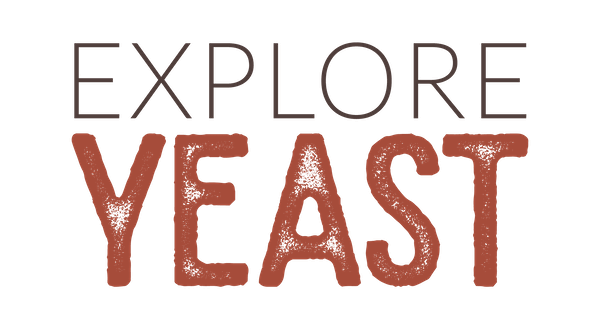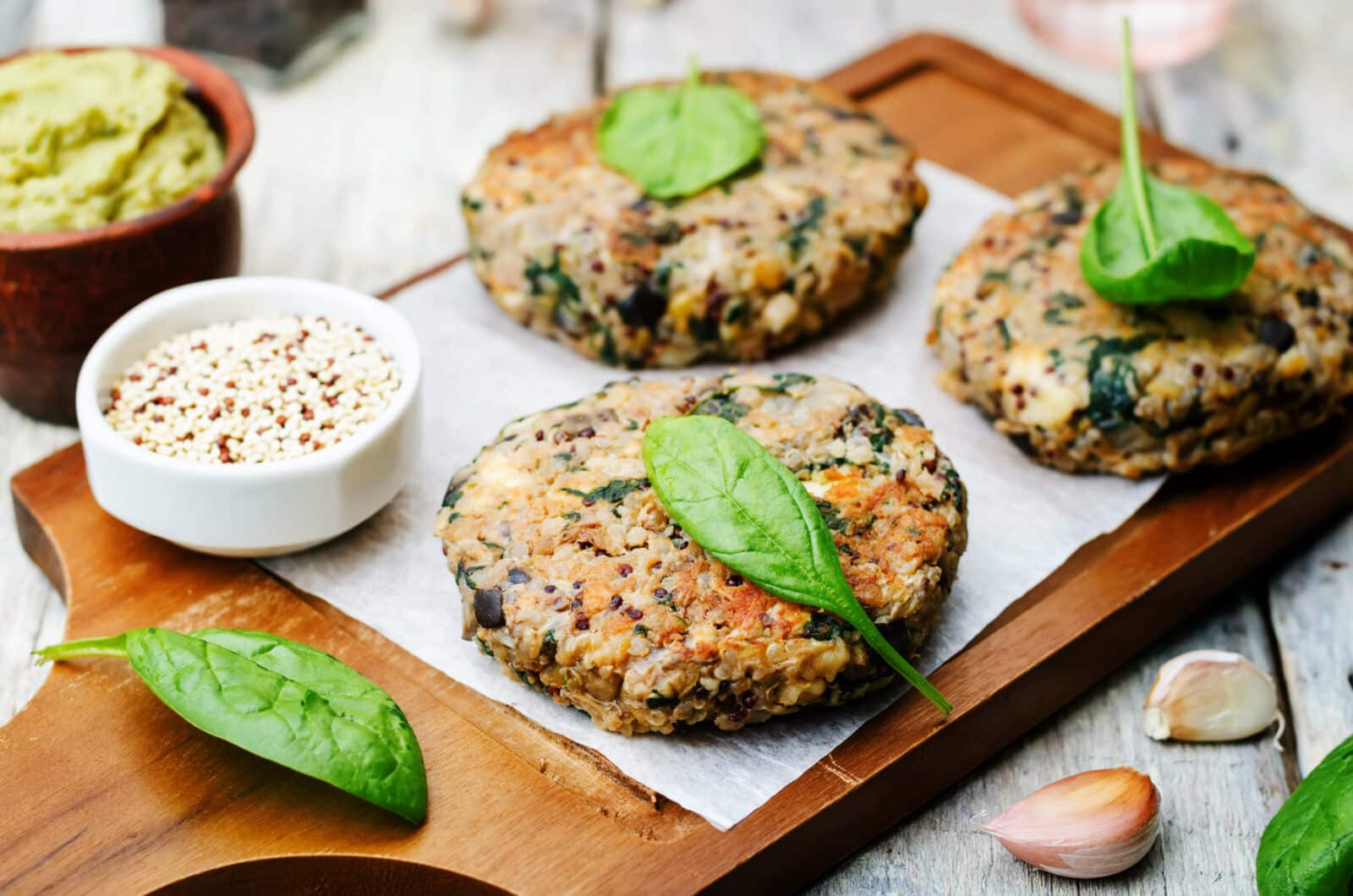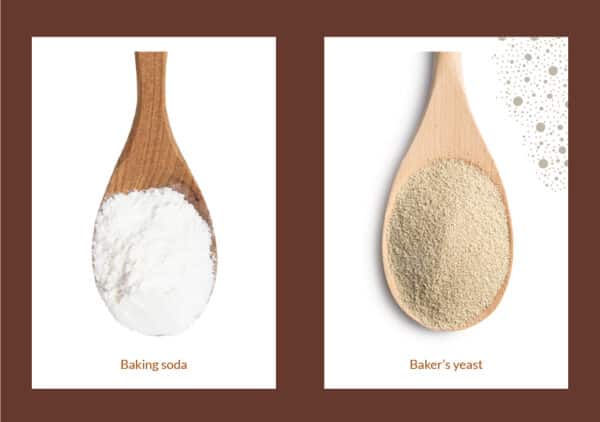You may be asking yourself is there such a thing as vegan yeast? Is yeast vegan? Is yeast vegetarian?
Well, guess what, yeast is both vegan and vegetarian!
Yeast in its various forms, such as nutritional yeast is an ideal ingredient for vegans and vegetarians as it can offer essential proteins, vitamins, and minerals. On top of that yeast extracts and nutritional yeast can add great flavor and taste to many dishes!
1. It’s vegan!
Can vegans eat yeast?
Yes. Vegans do not consume or use anything that is made from an animal. Yeast is a type of fungi, which makes it the same as a mushroom. So, if you are okay with eating mushrooms then you should have no problem with yeast!
Some people may still not be convinced and ask, but do strict vegans eat yeast? Yes! Yeast is 100% vegan and vegetarian in all of its forms. It does not clash with any of the vegan principles.
2. Yeast is great for vegan baking
Can vegans bake with yeast? Absolutely!
Traditionally, flour, water, and yeast are combined and used to make bread and other pastries. Yeast adds distinct organoleptic properties such as taste, aromas, and textures to baked goods.
In most breads, such as baguettes, soft breads, and sourdough breads yeast is the preferred ingredient chosen for leavening and adding flavor.
Vegans and vegetarians can eat bread containing yeast, and yeast is the ideal ingredient for making homemade breads.
Yeast is often chosen over baking soda by both vegan and non-vegan bakers alike as yeast provides a softer, lighter texture to bread and adds many of the tasty flavors we typically associate with most breads. This is due to the fermentation process that occurs when the yeast is activated.
Read more about yeast and bread
3. Yeast is full of nutrients
Yeast and yeast-based products offer a wide range of nutritional benefits that can be especially valuable for vegans and vegetarians.
Yeast and yeast derivatives offer valuable fibers including yeast β-glucans (water-soluble dietary fiber), vitamins, and minerals.
Nutritional yeasts are a special kind of yeast that contain all the same nutritional qualities as yeast itself.
For specific needs, there are nutritional yeasts enriched with certain nutrients, such as:
– vitamin B9, often promoted before and during pregnancy
– vitamin B12, recommended in diets non include animal products
– zinc, a nutrient linked to immunity and beauty
– selenium, a nutrient used for immunity and antioxidant properties.
Many people who follow a vegan diet rely on the fortified option to help them meet their vitamin B12 requirements.
4. Yeast is the perfect protein
Yeast not only has many vital nutrients as seen above, but it is also rich in animal-free protein, which is often deficient in a vegan diet.
A natural substance, yeast protein is created via the straightforward process of fermentation, not through complex processing. In addition, it is a complete protein with high levels of branched-chain amino acids (BCAAs), a balanced amino acid profile, and necessary amino acids.
Yeast protein can be used in a wide range of food preparations because it is devoid of undesirable aromatic notes, such as green or earthy, which are quite common in proteins derived from plants (peas, soya, etc.).
Therefore, yeast is an interesting non-animal protein, which can be used by vegans and vegetarians to ensure they get enough protein.
According to an independent study carried out by a yeast company, 83% of adults worldwide* consider yeast protein to be a good source of protein.
Using yeast as a protein-rich component in recipes and food items is easy and can be integrated into a variety of formats.
So, how much protein is in yeast?
Two tablespoons or 28 grams of nutritional yeast contains about 8 grams of protein. Therefore, the protein content of 100 grams of nutritional yeast (28 g of protein) is more than:
- 100 g of chicken = 27 g of protein,
- 100 g of rib eye steak grilled = 24 g of protein,
- 100 g of pork tenderloin = 26 g of protein,
- 100 g of Atlantic salmon cooked = 22 g of protein.
Furthermore, yeast protein is gluten-free.
Learn more about why yeast is the perfect protein!
5. Yeast is sustainable and natural
In most sectors and businesses, sustainability, and the protection of the environment in processing have grown to be crucial issues, and this worry has even permeated into each of our houses.
Yeast is an ingredient that is made through fermentation which is both a sustainable and natural process that can be found in nature around the world. Moreover, in many parts of the world yeast is grown on molasses, the waste products of sugar producers and after yeast is made the waste by-products from fermentation can be transformed into natural fertilizers used in agriculture.
So, the entire process of yeast making both reuses waste materials and its waste can be used by other industries: the whole principle of a circular economy!
Compared with animal proteins, its supply chain is also more stable, as it is not dependent on harvests or seasons. A real advantage, given the growing environmental awareness in many markets.
In addition, yeast can serve as an essential non-animal protein, and is a more accessible ingredient for millions of consumers around the world. In this way, it is likely to help the world’s population move away from proteins of animal origin, which contribute significantly to global greenhouse gas emissions.
Don’t forget: yeast is vegan and vegetarian!




